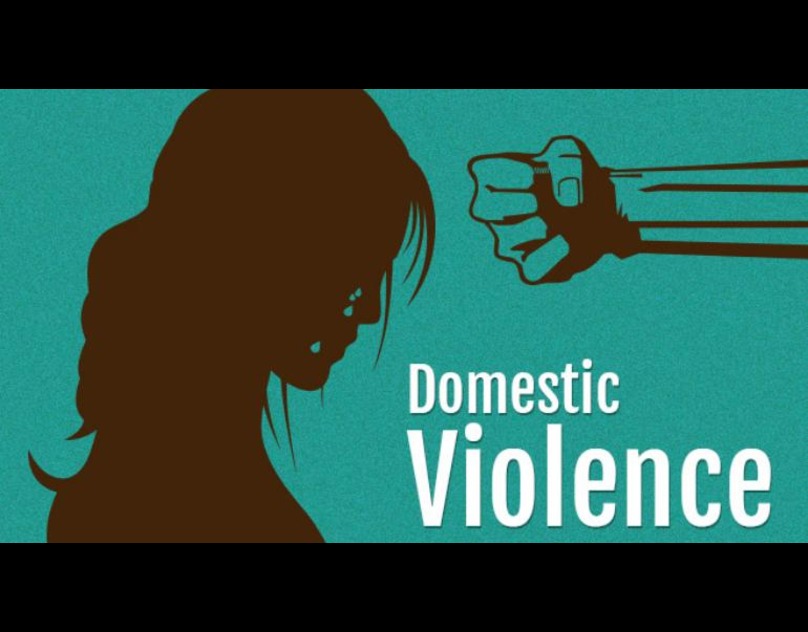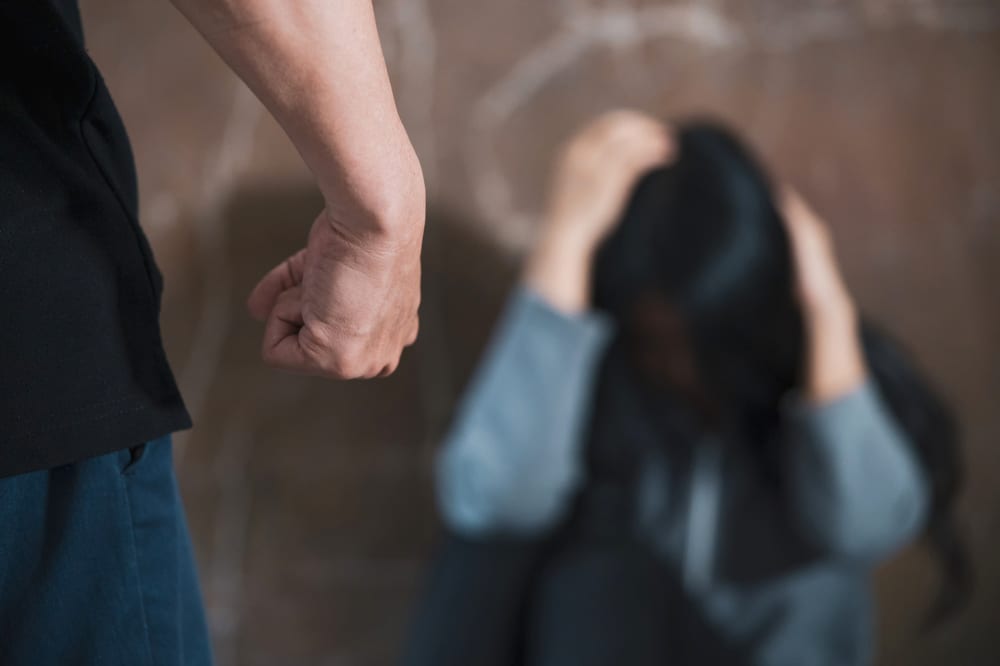
How to Report Domestic Violence in Houston and Get Immediate Help
Report Domestic Violence in Houston and Prepare for Immediate Response Domestic violence has been a very critical issue affecting many individuals and families until today. In case you, or someone close to you, faces domestic violence in Houston, you should be in a better position to report it and seek readiness for timely intervention. The process is intimidating, but there are also supports and legal redress available to those victims: safety-finding, if necessary, a way to appeal the criminal case so that justice might be done. Below is a ten-step guide to how to report domestic violence in Houston and seek emergency assistance.
1. What is Domestic Violence?
It would be well before you could prepare a report to know what domestic violence is. Domestic violence may take its form to be physical, emotional, psychological, sexual, or financial in nature as employed by a partner, family member, cohabitant, or spouse. Abuse Texas Law defines abuse as encompassing threats, stalking, and destruction of property. Knowing these definitions, you can sometimes identify abusive behaviors better and record the incidents accurately.
2. Preparation for Reporting of Domestic Violence
If you are thinking about reporting the abuse, it makes sense to prepare in advance by gathering whatever evidence you can and reviewing your legal alternatives. Keep records of abusive incidents-including photographs, medical records, text messages, and eyewitness accounts. These records can be important evidence for law enforcement and the courts in your defense.

3. Calling 911 if You Need Immediate Help
If you are in immediate danger, don’t wait and call 911. Houston law enforcement will be trained to respond to a domestic violence situation and will get you to safety. Give the dispatcher, remaining as calm as possible, what is happening and where you are. Officers will assess the situation, take any protective action that can be immediately implemented, and can even arrest the abuser if the officer or officers have cause to believe a crime has been committed.
4. Domestic Violence Hotlines Houston
For those situations you might not need urgent response but immediate response, there exist hotlines for domestic violence. In Houston there exist other such hotlines. For instance, HAWC has a 24-hour hotline at (713-528-2121) where you can seek immediate service like counseling or shelter. You can also use the national hotlines. For instance, the National Domestic Violence Hotline at 1-800-799-7233 offers you round-the-clock help and enables you to get connected to the resources available in your vicinity.
5. Obtaining a Protective Order
A protective order, also referred to as a restraining order, is the legal basis to stop your abuser from contacting or approaching you. To get a protective order in Houston, you can visit the Harris County District Clerk’s Office. Alternatively, you can call the Houston Police Department to guide you on applying for the protective order so that the abuser cannot make any contact, hence raising your safety levels. Violation of a protective order is a criminal act, and the abuser can be arrested.

6. Contacting the Police
Reporting Domestic Violence: Consequences Being a victim of domestic violence is very challenging, but deciding to report it shows you are strong and serious about the particular case. Filing a police report represents an important step in justice. You should contact your local Houston police precinct or go there personally to file a report. Provide as much information as possible to the officers, including evidence of the abuse and prior cases. Filing a report initiates an official investigation, and this information can be used by law enforcement officials to press charges or start the litigation process.
7. Involvement with Local Resource Agencies
In Houston, there are several agencies offering services to victims of domestic violence. The Houston Area Women’s Center is a firm you can involve for legal advocacy, counseling, and safe housing. This agency is among the many firms in Harris County Domestic Violence Coordinating Council, which has several resources to connect you to shelters, attorneys, and counselors. So this way, you will be able to utilize the given resources to find solace emotionally and hence find your way through various kinds of legal processes.
8. Seeking Lawyer
If you plan on prosecuting your abuser, you may consider an attorney who specializes primarily in domestic violence cases. An attorney can guide you through the process of filing charges, court appearances, and discover what your rights are in Texas. Legal counsel is most crucial when the case goes to trial because an attorney will be able to defend your protection and file any crime against the abuser.
9. Attending Court Hearings and Trials
In case the perpetrator is charged, you could be needed in court hearing. Your lawyer together with all advocates at the courts can work closely in order to stay informed on such a process and also to support you during dates of coming up. The courts would then make their final protective order and also determine the punishment for the perpetrator according to evidence presented. You could also write a victim impact statement detailing how the abuse has impacted your life and which can influence what the court does with regard to what has been said.
10. How Criminal Appeals Will Help Deliver More Balanced Results
Sometimes, the outcome of a criminal trial may not be what you would have wished or needed. For instance, criminal appeals may be an example in case you felt the legal trial was unfair or that justice was not served. Houston-based attorneys handling criminal appeals can help you review the case, determine the grounds on which a legal basis for an appeal of the judgment can be set, and argue for modifications of the court’s ruling, if necessary. This process can provide an avenue for returning judgments or reversing previous rulings for proper justice to be rendered where need be.

Conclusion
Reporting domestic violence in Houston: how tough is it? With a little bit of aid, support, and guidance, victims can reach safety, justice, and empowerment. Steps may even include calling 911 or getting protective orders to criminal appeals for a fair outcome — all of which can pave the way to leaving behind the levers of violence and again taking control of one’s life.



